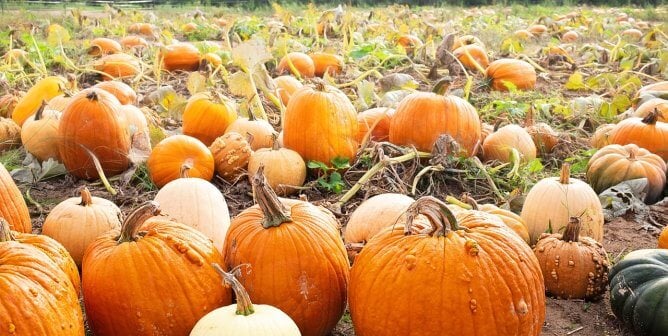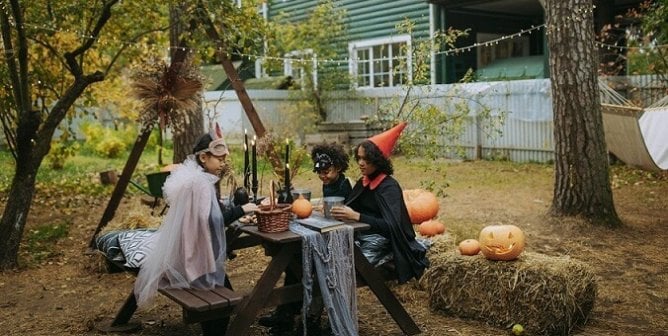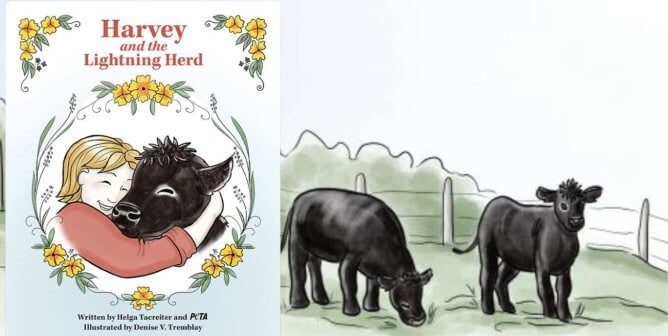Fall is here, and with it comes cozy sweaters, tasty apples and apple cider, fun seasonal activities, and, of course, lots and lots of leaves.
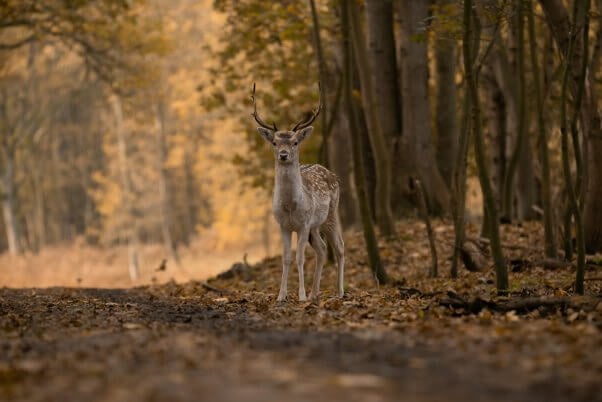
With all those leaves scattered across your yard, you might be tempted to grab a rake. But before you do, consider this: Leaving the leaves alone might be the best option for wildlife, the environment, and your yard. If you don’t like to rake—and even if you do—please read on.
How Do Fallen Leaves Help Wildlife?
Fallen leaves provide food, shelter, nesting materials, and habitat for countless animals, helping them survive the harsh winter elements. For example, bumblebee queens burrow into leaves to hibernate, caterpillars tuck themselves into leaf piles for protection, birds forage under leaves for food, and countless other animals, such as toads and chipmunks, use leaves as insulation to stay warm during winter.
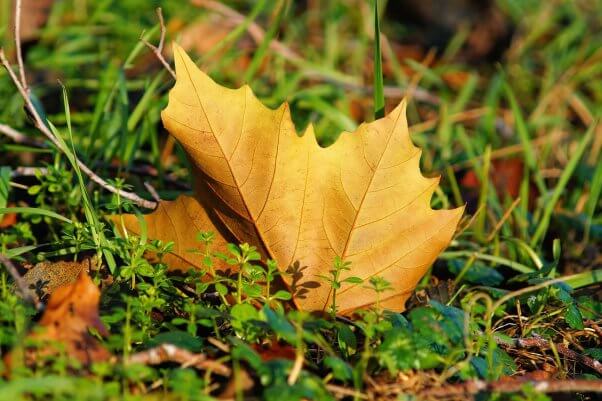
How Do Fallen Leaves Help the Environment?
As leaves break down, they enrich the soil, which creates a fertile foundation for your flowers and other plants. It’s nature’s way of recycling! Plus, by leaving the leaves alone, you’re helping to reduce your carbon footprint by minimizing the need for yard waste disposal.
Tidy Yard, Natural Benefits
Doing less groundskeeping doesn’t mean your yard has to look messy. Fallen leaves are an excellent source of free mulch, which will help suppress weeds in the spring. You can rake leaves into garden beds and arrange them around trees to create a fabulous fall landscape that everyone will love. Never shred leaves, as it can harm any animals sheltering within them.
A Win for Wildlife—and for You!
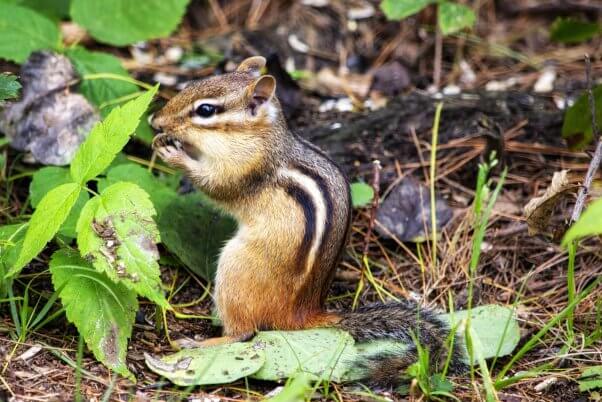
So this fall, embrace the natural look and leave the leaves in your yard. Nature—and your garden—will thank you!
Other Ways to Help Wildlife This Fall
- Keep cats indoors. Cats are in constant danger outside and account for over 14 billion mammal and bird deaths each year.
- Dispose of food containers properly. Rinse out containers and put the lids back on them, crush metal cans, and cut apart plastic rings before disposing of them. These simple steps can prevent animals from getting their heads stuck in them.
- Cover garbage cans and recycling bins to prevent animals from rummaging through them and ingesting dangerous items or getting trapped inside them.



